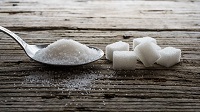Plastic petrochemicals rPET recycling 21-12-2018 - Arhive
-China – Polyethylene Terephthalate
PET and its chain continue are very weak.
PET Bottle grade export 1,020/1,065 $/ton – PET Bottle grade domestic market 8,150/8,250 yuan/ton – PET Filament grade SD domestic market 8,000/8,150 yuan/ton – PET Filament grade BR domestic market 8,100/8,200 yuan/ton
PTA Taiwan 840/850 $/ton – PTA domestic market 6,400/6,500 yuan/ton – MEG $ 660/670 $/ton – MEG domestic market 5,500/5,650 yuan/ton – PX Korea 1,000/1,015 $/ton
POY 150D/48F domestic market 8,650/8,750 yuan/ton – DTY 150D/48F domestic market 10,450/10,550 yuan/ton – PSF domestic market 8,950/9,050 yuan/ton
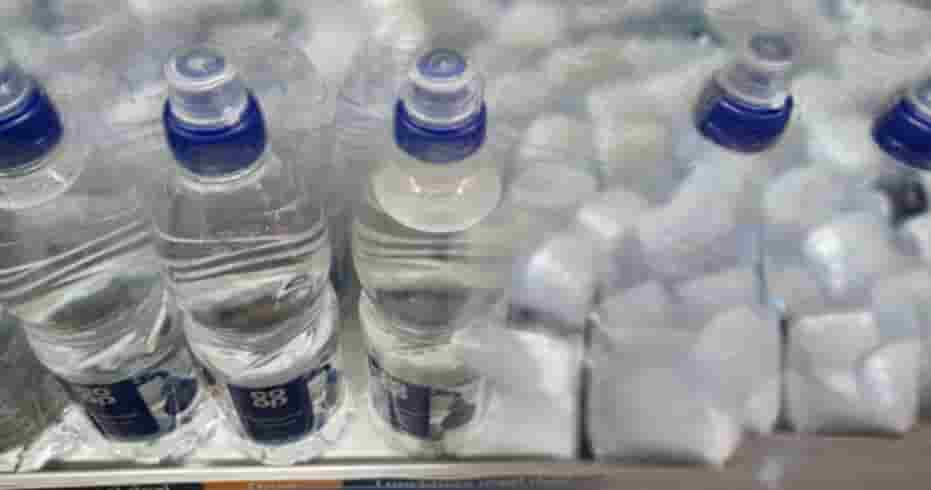
-Crude Oil Prices Trend

-Ascend adding more nylon 6/6 output in South Carolina Comments Email Print
Greenwood, S.C.—Ascend Performance Materials is investing $35.2 million to increase nylon 6/6 resin production in South Carolina.
Houston-based Ascend plans to upgrade several lines in early 2019 to increase nylon production capacity by 50 percent at its site in Greenwood, officials said in a Dec. 18 news release from the South Carolina Chamber of Commerce. The expansion is expected to create 30 new jobs.
Global supplies of nylon 6/6 have been tight since early 2018, largely as the result of limited supplied of adiponitrile (ADN) feedstock. This has led to higher prices for the material and concerns that processors may turn to other types of plastics or other materials for auto parts or other products.
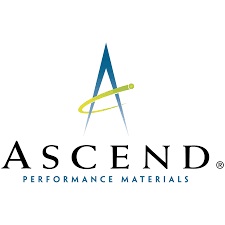
-Textile exports rises to US$ 35.67 billion in 2017-18
Textiles expects target fixed at US$ 47.29 billion in 2018-19
The exports of textiles item has increased to US$ 35.67 billion in 2017-18. Government has fixed export targets for textile and apparel including handicrafts for 2018-19 at US$ 47.29 billion.
Government is aware about global demand for textiles and apparel from India. To enhance exports of textile and apparel products, Government has announced the Special Package for garments and made-ups sectors. The package offers enhanced duty drawback coverage under Rebate of State Levies (RoSL) Scheme, labour law reforms, additional incentives under ATUFS, and relaxation of Section 80JJAA of Income Tax Act.
The rates under Merchandise Exports from India Scheme (MEIS) have been enhanced from 2% to 4% for apparel, 5% to 7% for made-ups, handloom and handicrafts w.e.f. 1 November 2017.

-EU expands WTO case against Chinese technology transfers
The European Union expanded its challenge against China at the World Trade Organization on Thursday over laws it says force the transfer of technology in areas including electric vehicles and crop seeds.
BRUSSELS: The European Union expanded its challenge against China at the World Trade Organization on Thursday over laws it says force the transfer of technology in areas including electric vehicles and crop seeds.
The European Commission, which oversees trade policy in the 28-member European Union, said it was significantly broadening and deepening the scope of its WTO action against China.
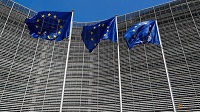
-EU agrees to ban some single-use plastics
BERLIN: Plastic knives just won’t cut it any longer, if the European Union has its way.
The 28-nation bloc moved closer on Wednesday to banning single-use straws, plates, cutlery and cotton swabs after officials from EU member states and the European Parliament said they’re following recommendations by its executive branch designed to reduce marine pollution.
Environmental campaigners have been calling for curbs on throwaway plastic that’s accumulating in the oceans. Scientific studies have found minuscule particles known as microplastics are being consumed by animals throughout the food chain, though the impact on human health is unclear.
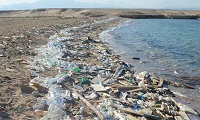
-EU Commission implements contingency action plan for ‘no deal’ Brexit, sector specific measures
The European Commission is moving ahead “urgently” with implementation of its Contingency Action Plan in the face of Brexit uncertainty, it said on Wednesday.
The plan includes interim measures on citizens rights as well as specific actions relating to sectors such as air and road transport, regulation and financial services.
The Commission – the EU’s executive body – is also urging the remaining 27 EU Member States not to enter into bilateral agreements or arrangements with the UK as it prepares for the prospect of a ‘no deal’ Brexit.
It stressed that if the EU’s Withdrawal Agreement is not ratified by the UK, “all relevant EU legislation on imported goods and exported goods will apply as of the withdrawal date”.

-Government announces waste and recycling overhaul
Should progress be insufficient, we will consult on introducing mandatory targets for food waste prevention.
“If it is implemented, it will end the scandal of producers paying just 10 percent of the cost of waste they put onto the market, give households effective collections for recycling and food waste, and shine a light on the estimated 77 percent waste which hasn’t been tracked”.
The changes come as part of a wider government overhaul to waste management procedures, which will also see businesses footing the bill for the cost of disposing their waste packaging, and the electronic tracking of waste to stop fly-tipping and illegal movement overseas.
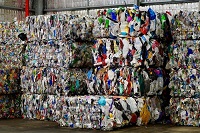
-Loop Industries, thyssenkrupp sign agreement to advance sustainable PET manufacturing
Loop Industries Inc. (Montréal, QC), a technology innovator in sustainably produced plastic, has announced a strategic partnership with thyssenkrupp Industrial Solutions subsidiary Uhde Inventa-Fischer GmbH (Essen, Germany), a global polyester technology provider. The agreement seeks to offer a turnkey industrial solution that can be licensed to manufacturing companies for the commercially viable production of sustainable PET and polyester.
“We have successfully established a large variety of patented technologies and processes in the global market. This agreement will enable a very resource-efficient and cost-attractive solution for the production of sustainable PET and polyester,” said Sami Pelkonen, CEO of the Electrolysis & Polymers Technologies business unit of thyssenkrupp Industrial Solutions. “The alliance with Loop Industries is an important milestone on the way to producing sustainable PET and polyester.”
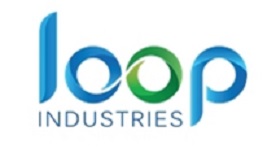
-BP and Socar explore the creation of a new petrochemicals joint venture in Turkey
BP plc (London, U.K.; www.bp.com) and SOCAR Turkey, a subsidiary of The State Oil Company of Azerbaijan Republic (SOCAR; www.socar.az), announced that they have signed a heads of agreement (HoA) to evaluate the creation of a joint venture that would build and operate a world-scale petrochemicals complex in Turkey.
The proposed facility, in Aliaga in western Turkey, would produce 1.25 million metric tons per year (m.t./yr) of purified terephthalic acid (PTA), 840,000 m.t./yr of paraxylene (PX) and 340,000 m.t./yr of benzene.
PTA is used to manufacture polyesters, which have many uses, including food and beverage container
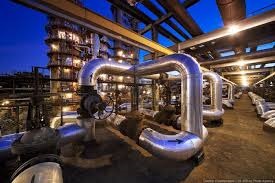
-Acadia prof explains why banning plastic bags is not the answer
Dr. David Duke says reusing plastic bags rather than banning them is a better solution to fight their ne gative environmental impact.
Duke is a professor in the Environment and Sustainability Studies program at Acadia University and doesn’t support banning plastic bags.
He says the real question the ban is addressing is not regarding carbon impact from plastic bags, but rather their pollution contributions.
Referencing a 2018 Danish study, Duke argues alternative bags people use to carrying grocery items home in lieu of single-use plastic bags “will have different and significant environmental impacts that may not be apparent in the debate.”
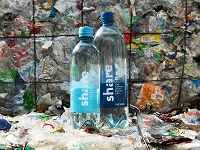
-POLYPROPYLENE (PP) PRICES WITNESS A RISE IN FEA, SEA AND INDIA
Polypropylene prices gained in Far East Asia, South East Asia and India, this week. The price rise was mainly on account of a lift in buying sentiments in the region coupled with higher import offers from overseas suppliers.
CFR Far East Asia, PP raffia and PP injection prices were assessed at the USD 1040/mt levels, both up USD 10/mt on the week, PP film prices were at the USD 1070/mt levels, a week on week increase of USD 10/mt. PP block copolymer prices were assessed at the USD 1080/mt levels, while in BOPP prices were at the USD 1055/mt levels, both up USD 10/mt from the previous week.
In South East Asia (SEA), PP raffia and PP injection grade prices were assessed at the USD 1080/mt levels, a week on week rise of USD 10/mt. BOPP prices were at the USD 1100/mt levels, PP film prices were also assessed at the USD 1100/mt levels, both up USD 10/mt from the previous week. PP block copolymer prices were assessed higher at the USD 1120/mt CFR levels, a gain of USD 10/mt on the week.
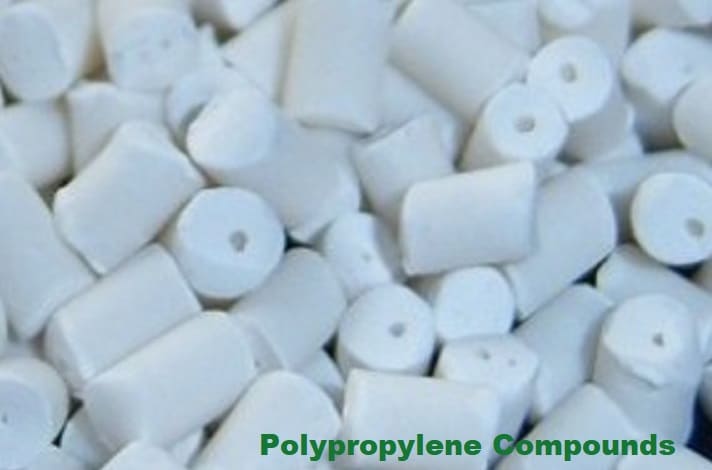
-Recipe book for bioplastic from sugar beet
How do you cook a sugar beet to obtain bioplastics? Ola Wróblewska answered this question in her dissertation, a sort of ‘recipe book’ for chemists with whom she obtained her doctorate at the University of Maastricht at the end of November (under scientific guidance of Dr. Katrien Bernaerts in the prof. De Wildeman group). She is thus the first doctorate at the Aachen-Maastricht Institute for Biobased Materials.
The research was part of the ‘Beets to Biopolymers’ Beets to Polymers project, in which project partners Maastricht University, University of Groningen, Cosun, Philips, and Astron collaborate on making polyamides (nylon) from galactaric acid derivatives (GalX). To this end, unique cyclic monomers are obtained by extraction and chemical modification of sugar beet.
